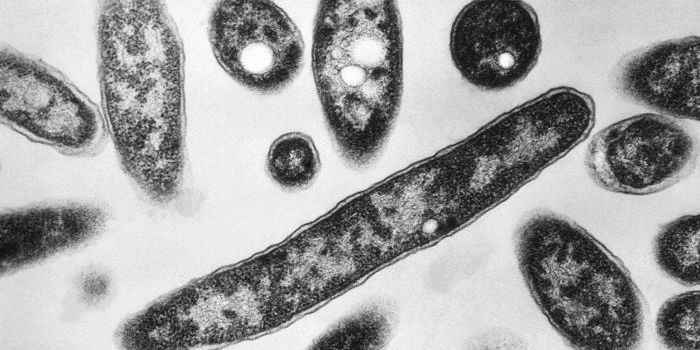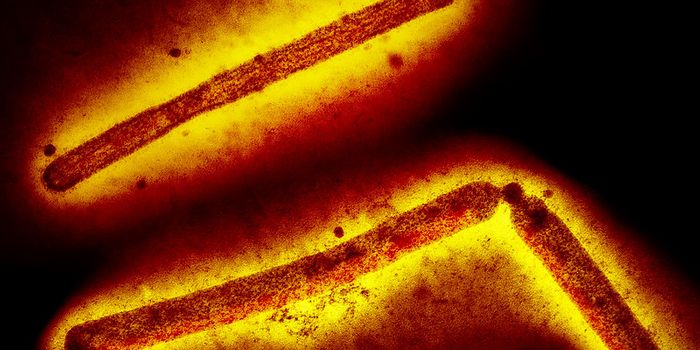Gut Bacteria Connected to Heart Transplant Success - or Failure
The trillions of microbes that live in our gastrointestinal tract have been connected to many different aspects of health, and now researchers have found that the gut microbiome influences whether the body can accept a heart transplant. The University of Maryland School of Medicine (UMSOM) scientists established a causal relationship between heart transplant outcome and specific gut microbes. This work could have a significant impact on how transplant rejection is treated. The findings have been reported in the Journal of Clinical Investigation Insight.
"From our previous work we suspected that the microbiome might have an effect on how transplanted organs are accepted," said one of the study leaders, Emmanuel Mongodin, an associate professor of microbiology and immunology at the UMSOM Institute for Genome Sciences. "This work clearly shows that there is a connection between these gut microbes and the body's response to the new organ. It's very exciting."
The immune system connects the bacterial species that live in the gut to a heart transplant. The microbiome has been shown to have an important influence on immunity. Gut microbes can actually defend us from pathogens themselves, but they also have a balancing effect that keeps the immune system tolerant of good tissue while it's still able to act against harmful invaders. The gut bacteria can stimulate signals that turn inflammation levels up or down; those signals can, therefore, have a significant impact on whether the body tolerates an organ transplant.
Organ rejection still presents a major hurdle to the success of transplants. Although a lot of effort has gone into trying to reduce organ rejection rates, there has been little to no reduction of long-term reduction rates. This work, however, has shown that some species of microbes can change whether and when rejection occurs.
Study co-leader Jonathan S. Bromberg, a professor of surgery, microbiology and immunology at UMSOM has been working on transplants for many years. He is very familiar with organ rejection, and several years ago, began to think the microbiome may exert an effect on it.
"The more I looked, the more it seemed there might be something there," said Dr. Bromberg. "The immune system is deeply intertwined with our gut microbiome, and I wanted to explore this connection in more depth."
The researchers used an animal model to show that changes in the microbiome affected the success of a heart transplant. They were able to show which particular species were beneficial, and which ones were harmful to the transplant. Strains of bifidobacterium, for example, appeared to be anti-inflammatory in nature and promoted good outcomes.
The scientists suggested that these results may hold true for other transplanted organs as well, such as the kidneys. They plan to continue this work to investigate the mechanisms underlying these impacts. It may then be possible to develop therapeutics that can work through those same mechanisms.
Many researchers are trying to learn more about how gut microbes influence different aspects of heart health. The video above describes a project at the University of Toledo that is looking at how the gut microbiome affects blood pressure.
Sources: AAAS/Eurekalert! Via UMSOM, Gut Microbes, Journal of Clinical Investigation Insight









